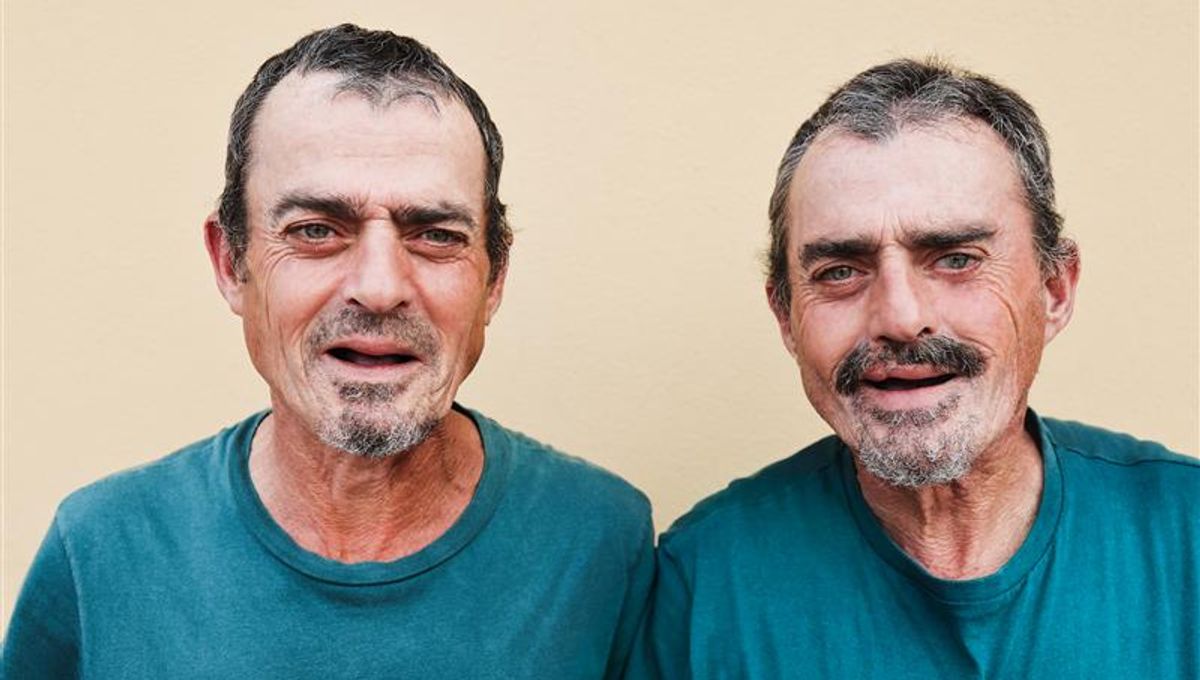
If a sibling is diagnosed with Alzheimer’s, then there is an increased risk of a shortened lifespan in other family members, even for those without the condition. This is especially true for twins, a new study argues.
According to new research conducted by a team at the University of Southern California (USC) Dornsife College of Letters, Arts and Sciences using data from the Swedish Twin Registry, the same genetic and environmental factors that cause shorter lifespans in someone with dementia may shorten the lives of siblings who do not have the condition.
“We expected a different result. We expected that, in twins where one developed dementia and the other did not, the difference in lifespan would be just like we see in unrelated people,” Jung Yun Jang, who conducted the research as part of her PhD study at USC Dornsife, explained in a statement.
“We assumed the reason a person who has developed dementia has a shortened life expectancy is because the dementia leads to other medical conditions that affect mortality,” Jang added. “What we’re seeing instead is the increased risk of mortality is not due to just the dementia itself, but also a whole package of other influences that the person brings to their disease.”
This study is part of a significant body of work on aging and cognition led by Margaret Gatz of USC Dornsife and Nancy Pedersen of the Karolinska Institutet, with the Swedish Twin Registry, the largest registry concerning both identical (monozygotic) and non-identical (dizygotic or fraternal) siblings. Over 40 years, Gatz and Pedersen’s collaborative work has strengthened our knowledge on the role genes and the environment play.
Identical twins share 100 percent of their genotype, whereas dizygotic twins (and full siblings) share around 50 percent of their genotype. In addition, many twins, whether identical or not, share the same environment growing up. This environment usually includes factors such as early life exposure to pollution, diet, education, and physical activities.
In their study, Jang and colleagues examined data for 90 pairs of identical twins and 288 pairs of fraternal twins. In all cases, one twin had been diagnosed with dementia while the other had not.
Previous work has shown that people with dementia usually live for about seven years on average following their diagnosis, a finding that Jang confirmed. But this was not the most remarkable result.
The study also showed that when one identical twin is diagnosed with dementia, their sibling will have similarly shortened life expectancy. For fraternal twins, the twin without dementia experiences a slightly shortened life expectancy when compared to someone who has no sibling with dementia.
The results suggest that dementia is not the sole cause for foreshortened lifespans. Instead, it seems a combination of genetic and environmental factors come into play. For instance, both twins may develop cardiovascular disease, which can increase the risk of dementia in one but shorten the lifespan of both.
“What happens early in the life course is really important,” Gatz, a professor of psychology, gerontology, and preventive medicine, explained. “You may not be able to change that for yourself, but it does seem like the message to parents is, make sure your kid eats healthy, make sure your kid gets exercise, make sure your kid gets an education. You’re actually contributing to giving that kid a lower chance of developing dementia 75 years later.”
The original inspiration for this work came from the question of life expectancy after a dementia diagnosis. As Jang said, “one of the most frequently asked questions when a family member receives a diagnosis of dementia is: How much time do we have?”
“We believed that asking this question in twins would inform patients and families in making their financial and end-of-life decisions as they deal with this disease that causes losses over time.”
The study is published in the journal Alzheimer’s and Dementia.
Source Link: Unaffected Siblings Of People With Alzheimer's May Still Have A Shortened Life